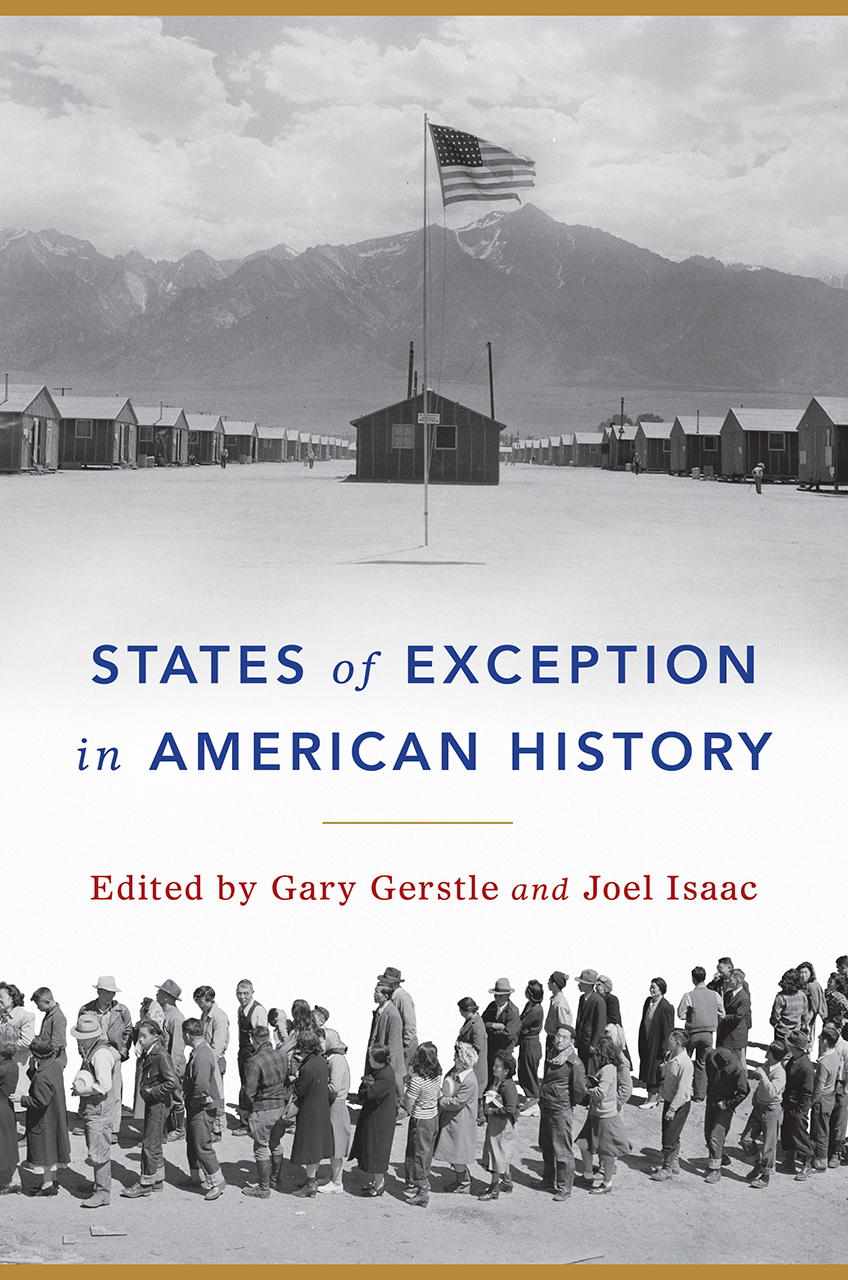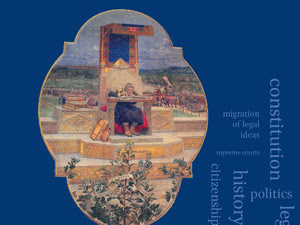Published this summer by Brill: Comparative Constitutional History: Volume One: Principles, Developments, Challenges, edited by Francesco Biagi, Justin O. Frosini, and Jason Mazzone:
While comparative constitutional law is a well-established field, less attention has been paid so far to the comparative dimension of constitutional history. The present volume, edited by Francesco Biagi, Justin O. Frosini and Jason Mazzone, aims to address this shortcoming by bringing focus to comparative constitutional history, which holds considerable promise for engaging and innovative work along several key avenues of inquiry. The essays contained in this volume focus on the origins and design of constitutional governments and the sources that have impacted the ways in which constitutional systems began and developed, the evolution of the principle of separation of powers among branches of government, as well as the origins, role and function of constitutional and supreme courts.
paid so far to the comparative dimension of constitutional history. The present volume, edited by Francesco Biagi, Justin O. Frosini and Jason Mazzone, aims to address this shortcoming by bringing focus to comparative constitutional history, which holds considerable promise for engaging and innovative work along several key avenues of inquiry. The essays contained in this volume focus on the origins and design of constitutional governments and the sources that have impacted the ways in which constitutional systems began and developed, the evolution of the principle of separation of powers among branches of government, as well as the origins, role and function of constitutional and supreme courts.
TOC after the jump
--Dan Ernst
Constitutional OriginsGeorge Bancroft in Göttingen: an American Reception of German Legal Thought
Mark Somos
Uniformity and Diversity: a Confrontation between French and Dutch Thought on Citizenship
Gohar Karapetian
The Historical and Legal Significance of Constitutional Preambles: a Case Study on the Ukrainian Constitution of 1996
Justin O. Frosini and Viktoriia Lapa
Why the Court of Final Appeal of Hong Kong Should Re-Assert Its Power to Review Acts of the Standing Committee
Miguel Manero de Lemos
Challenges of Executive and Legislative PowerThe Separation of Powers and Forms of Government in the MENA Region Following the ‘Arab Spring’: a Break with the Past?
Francesco Biagi
‘The Constitution Will Be Our Last Hope in the Momentary Storm.’ Institutions of Constitutional Protection and Oversight in Mexico and Their Contribution to Atlantic Constitutional Thought (1821–1841)
Catherine Andrews
Judicial Authority and Its Limits
Judicial Review of Legislation in Portugal: Genealogy and Critique
Gonçalo de Almeida Ribeiro
Defending the Judiciary? Judicial Review of Constitutional Amendments on the Judiciary in Colombia
Mario Alberto Cajas-Sarria
Direct Individual Access to Constitutional Justice in South Korea and Taiwan
Fabian Duessel





